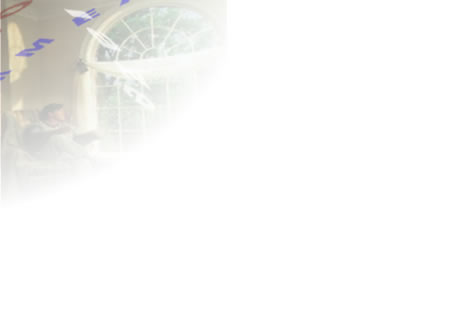

Climate
Change Levy Tax |
| Reflective films help to cut energy consumption of air-conditioning, making savings for companies in both direct energy costs and the Climate Change Levy. This tax on commercial energy use, intended to promote energy efficiency and help reduce ‘greenhouse gas’ emissions, is particularly demanding on electricity usage. The less electricity a company uses, the less CCL tax it has to pay (above a low minimum level), giving yet another incentive to make energy savings. |
 |
|||

|
|||
THE BENEFITS
|
Madico Designer Series reflective films are coloured both sides and are suitable for exterior use and situations where internal access is difficult. This is particularly useful when treating double glazed sealed units, tinted and patterned glass, especially rooflights. Performance Madico Duralux™ long-life exterior films offer maximum heat rejection, blocking and reflecting the incident solar energy before it penetrates the building’s fabric . To keep your building cool by means of a metallised film on the outside is far more efficient than letting in and then applying mechanical cooling, i.e. air-conditioning. Prevention is better than cure! The Climate Change Levy Tax, in addition to actual fuel costs, means that all reasonable measures to reduce energy consumption have assumed a priority with business. One such measure is externally applied solar control film. These films also offer greater glare reduction for staff comfort, whilst still making use of daylight as a source of illumination. Many modern office developments and business units experience severe solar gain problems due to the heat absorbing qualities of tinted glass. Externally applied film is often the most practical solution, reflecting the sun’s heat away from the outermost surface of the glass before it is absorbed. |
| In addition, an exterior application minimises the risk of thermal stress and failure in the glazing units. These film help to reduce cooling costs and therefore CCL liability by lightening the load on the air-conditioning equipment. | They also alleviate the discomfort caused both by excessive heat and by glaring reflections off VDU screens, assisting in the compliance with the Workplace (Health and Safety and Welfare) Regulations. |